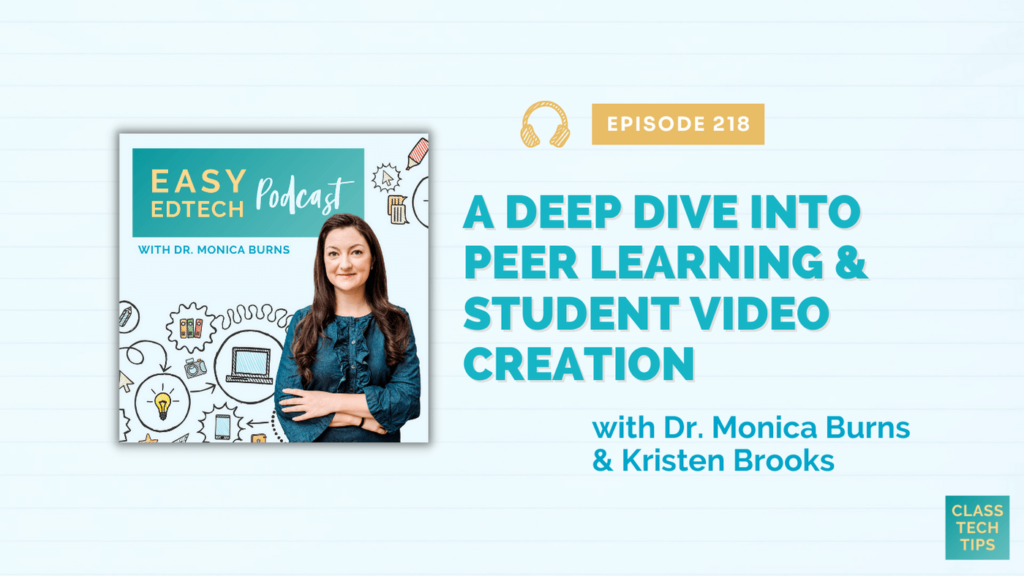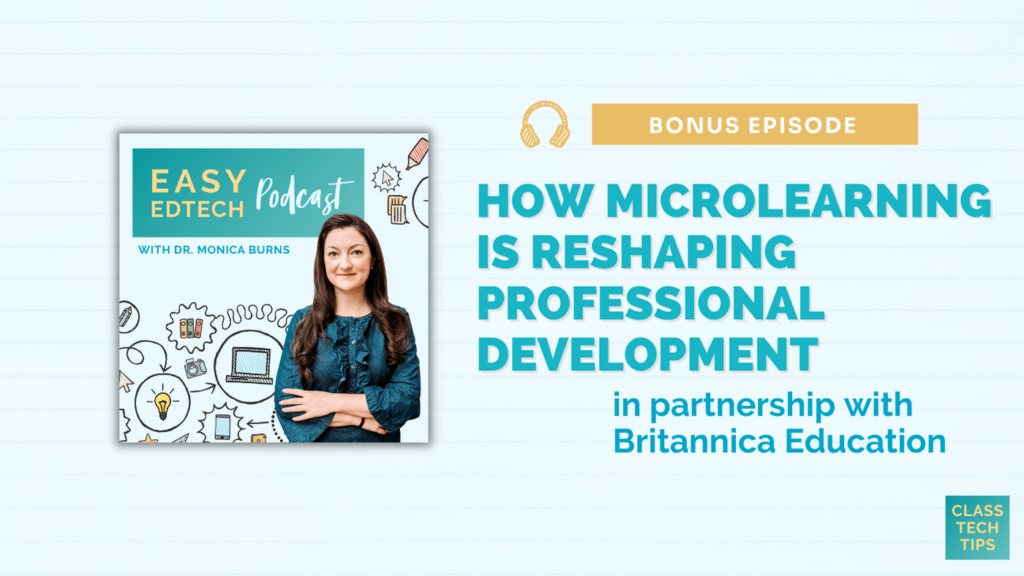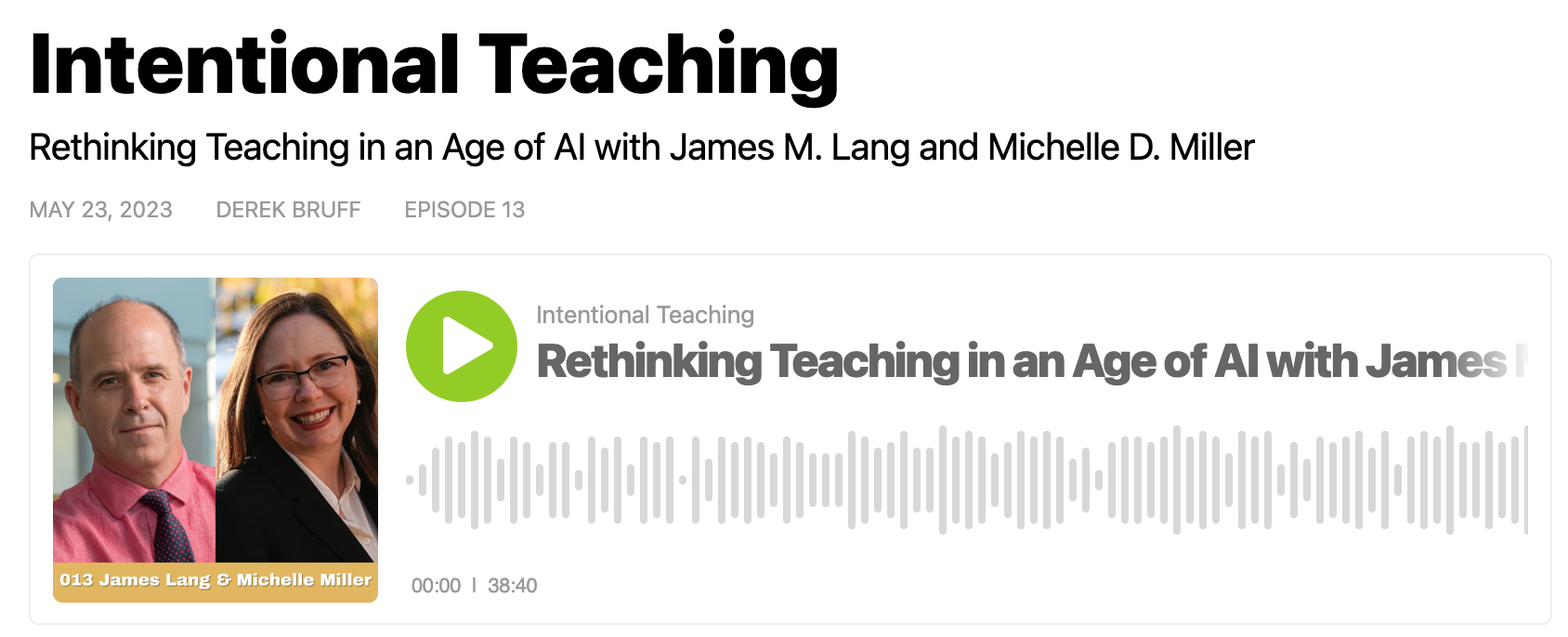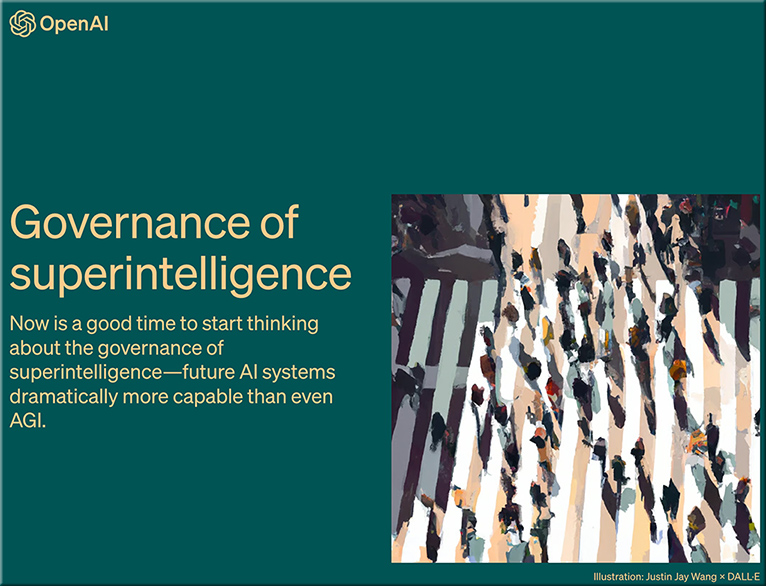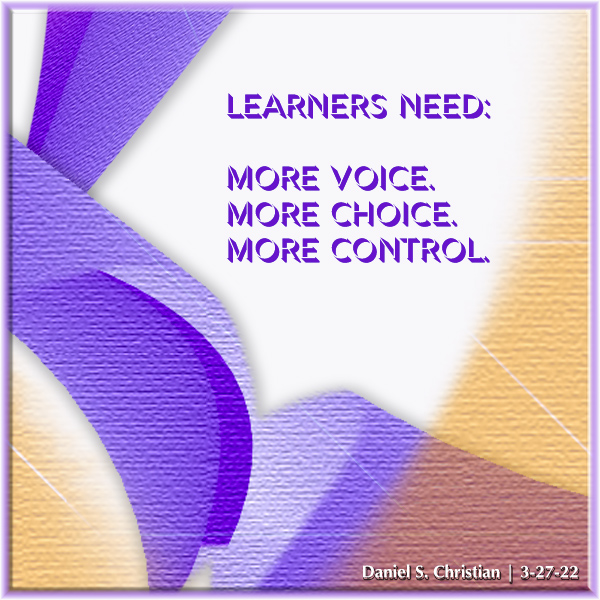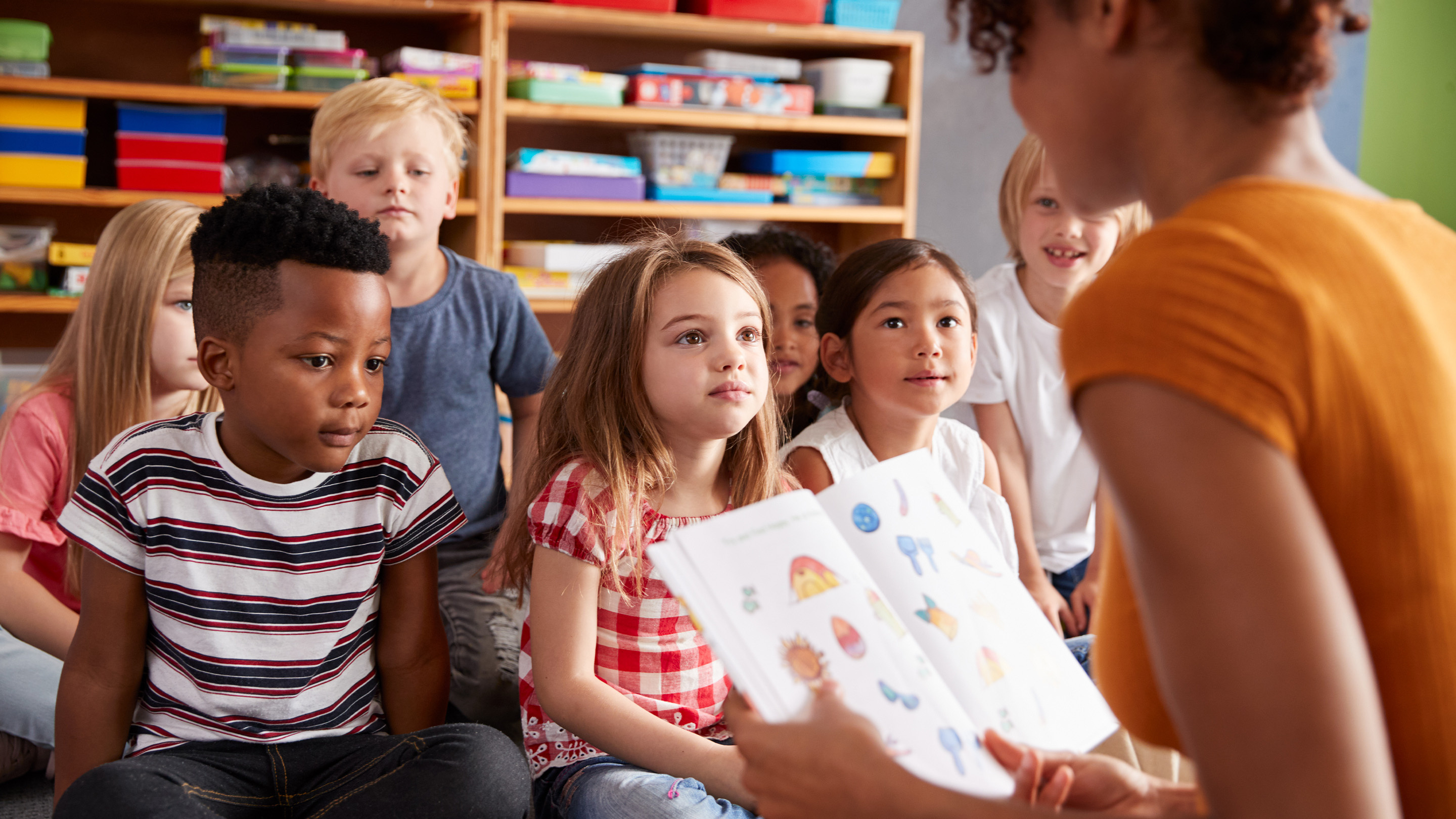Send in another victim of industrial disease — from jordanfurlong.substack.com
The legal profession is drowning in psychological and emotional distress. One change, right now, could help save the next generation of lawyers from the flood.
Excerpt:
But don’t make the mistake of thinking this is a problem just at Paul Hastings or in the AmLaw 100. It’s everywhere. Mental distress and emotional anguish are endemic throughout the legal profession, driven by pathologies inextricably intertwined with our malignant cultural impulses and exploitative business models. And it’s getting much worse, very fast.
Take a deep breath, and then work your way through this list of findings from seven separate reports into the legal profession’s state of mental and emotional sickness:
- Massachusetts: 77% of lawyers reported burnout from their work; almost half thought about leaving their job. 40% considered leaving the profession entirely due to stress. 7% experienced suicide ideation in the weeks before the survey.
- California and DC: Lawyers were twice as likely as the general population to experience thoughts of suicide, and those with high stress were 22 times more likely to have such thoughts.
- Midsized law firms: Nearly 3/4 of lawyers, paralegals and administrative professionals at midsized law firms report feeling stress, burnout, or being overwhelmed in the past year.
- Canada: 59% of legal professionals report psychological distress. 56% report burnout. 24% say they’ve experienced suicidal thoughts at least once since starting practice.
- UK: 62% of lawyers have experienced burnout as a result of their work in the last year. 57% put “an unmanageable caseload” at the top of their list of stressors at work, followed by a lack of work/life balance (42%).
- In-house counsel: Legal department lawyers face burnout and attrition internally, and supply chain issues and high inflation externally. “The environment legal departments are operating in now is an extremely challenging one.”
- Law students: Over 75% reported increased anxiety because of law school-related issues; over 50% reported experiencing depression. A majority reported experiencing anxiety (77%), disrupted sleep (71%), and depression (51%).
Every one of the percentages laid out above is higher for new lawyers, higher for women, higher for visible minorities, and higher for members of the LGBTQ+ community. And all but one of these reports were released just in the first two months of 2023.
From DSC:
One of the enormous surprises that I learned about while working at a law school (from 2018-2021) is the state of mental health within the legal industry. It’s not good. Beware!
Students in college — or to anyone who is thinking about entering law school and then practicing some area of law — get educated on things. Talk to lawyers of all kinds — especially in the area(s) that you are thinking of going into.
Then go forward into your decision with your eyes wide open. Know that you will need to put up some serious boundaries; if you don’t do that, you too may suffer the consequences that many lawyers have had to deal with.
I caught up with an old college friend of mine a year or so ago. He was absolutely exhausted. He was emotionally at the end of his rope. He was the owner of his own law firm and was working non-stop. He didn’t want to disappoint his clients, so he kept saying yes to things…to almost everything in fact. He later got out of owning his own firm — thank God — and went to work for an insurance company.
Furlong: Law school curricula and bar admission programs in every jurisdiction should be upgraded, starting today, to include significant instruction to aspiring lawyers about the deadly serious threats to their lives and health posed by choosing a legal career.
I just want to pass this along because I don’t think many younger students realize the state of mental health and stress within the legal field. And while you’re reflecting on that, you should also pulse-check how AI is impacting the legal field. Along these lines — and also from Jordan Furlong — see:









